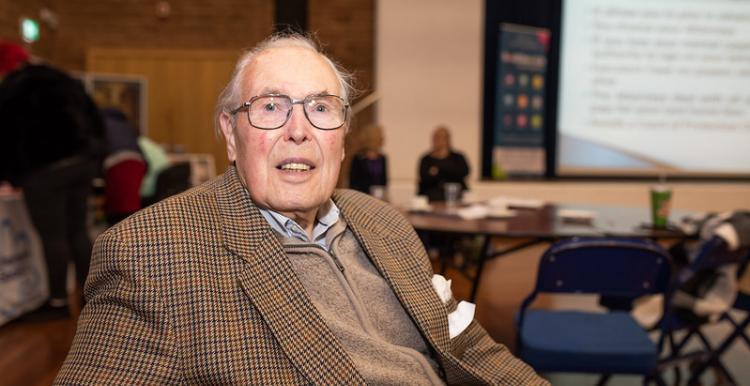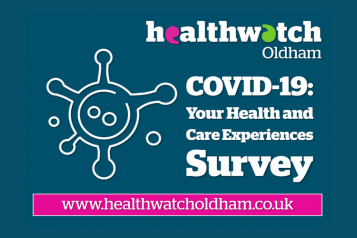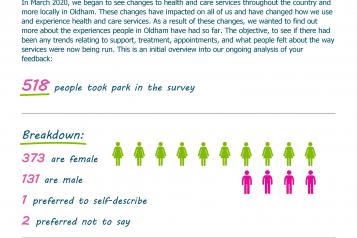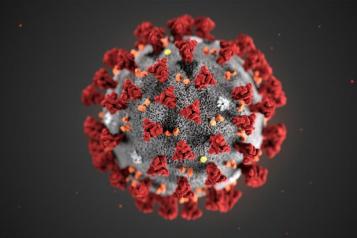Coronavirus: What does shielding mean?

Last updated 13 October 2020
Changes to shielding advice
From 1 August 2020, people who are clinically extremely vulnerable were advised that shielding has been paused. With the introduction of the three COVID-19 alert levels, the guidance has been updated.
From 13 October
Clinically extremely vulnerable people in England will receive new guidance to help them reduce their risk from coronavirus, tailored to the risk of their local area.
A Very High COVID-19 alert level does not mean you have to shield. Shielding is considered as an additional intervention agreed by ministers under advice from local public health experts and the Chief Medical Officer or Deputy Chief Medical Officer.
The Government will write to people at the highest risk of serious illness in areas of very high infection rates if they are advised to adopt formal shielding again.
Advice based on the COVID-19 alert levels
The advice for the clinical extremely vulnerable set out in the Local COVID-19 Alert Levels framework includes:
- MEDIUM
Strictly observe social distancing, meet others outside where possible, limit unnecessary journeys on public transport and work from home where possible, but you can still go to work and children should still attend school.
This is on top of restrictions for everyone to only meet in groups of up to six people. - HIGH
Reduce the number of different people met outside, avoid travel except for essential journeys, work from home where possible and reduce the number of shopping trips made or go at quieter times of the day. You can still go to work if you cannot work from home because all workplaces should be COVID-19 secure, and children should still attend school.
This is on top of restrictions for everyone to not meet other households indoors, unless part of a support bubble, and to only meet in groups of up to six people outdoors. - VERY HIGH
Work from home, in general stay at home as much as possible, and avoid all but essential travel. You should significantly reduce shopping trips, and if possible use online delivery or ask people in your household, support bubble or volunteers to collect food and medicines. People in these areas are encouraged to still go outside for exercise, and can still go to school and to work if they cannot work from home. It's recognised that a small number of individuals may require additional support to follow the guidance at this alert level, and they are advised to contact their local authority if they need assistance.
What support will I be able to access as a 'clinically extremely vulnerable person'?
You will still be able to get:
- local volunteer support by contacting your local authority
- prescriptions, essential items and food you buy delivered by NHS Volunteer Responders
- priority slots for supermarket deliveries (if you previously registered for free food parcels)
Tell us about your experience of care while shielding
Has your health and/ or social care been disrupted by COVID-19 while shielding? Whether it’s good or bad, we want to hear from you.
It only takes five minutes and your feedback can help NHS and social care services understand the steps they can take to improve care for you and your loved ones.
Am I still classed as ‘clinically extremely vulnerable?
Yes. The categorisation of ‘clinically extremely vulnerable’ will remain in place and people in this group should continue to follow their specific guidance specific, available here.
You should have been written to about these changes. If you haven’t been contacted, please contact your GP.
Will I be told to shield again?
There will not be national advice to shield but people in exceptionally high-risk areas may still be advised to adopt formal shielding in the future. This includes:
- advise to stay at home, not go to work or school
- limit social interactions to their own household and support bubble.
If shielding advice is reintroduced in their area, people who are shielding will be eligible for a support package. This includes:
- food access support
- medicine deliveries
- any additional care or support required
People who are shielding may also be eligible for Statutory Sick Pay or Employment and Support Allowance.
Shielding guidance has been and continues to be advisory.
Why is the advice changing?
As the rate of infection has increased, the restrictions that have been introduced are designed to protect people while enabling them to carry on with their lives.
Frequently asked questions
The following Q&A, based on information provided by the Government, aims to help you get some of the answers you need, to know about what shielding means in practice.
What does ‘shielding’ mean?
Shielding is the word used to describe how to protect those at highest risk of severe illness if they catch coronavirus. You can shield yourself following the Government guidance, and shield others by minimising all interaction between yourself and those who are most at risk.
How long do I shield myself for?
The Government has currently paused it's advice over the need to shield.
There is specific guidance on what will happen if there is a local lockdown in your area.
This guidance is government advice and it’s your personal choice whether to follow it.
Why do I no longer need to shield?
The Government has currently paused it's advice over the need to shield.
This is because the rates of transmission of coronavirus (COVID-19) in the community have fallen significantly.
Will I be asked to shield again?
You could be advised to shield again if the situation changes and there is an increase in the transmission of COVID-19 in the community.
Your name will be kept securely on the shielded patient list by NHS Digital. We will write to you if the advice changes. Any national changes will be reflected in this guidance.
In the event of a local lockdown, see the Government's advice and visit your local authority’s website for further guidance.
Do I need to shield if my area is put on a 'local lockdown'?
In the event of higher transmission rates some areas across the country will experience localised lockdowns.
There is specific guidance on what will happen if there is a local lockdown in your area.
If you’re clinically extremely vulnerable, you are advised not to enter any area where shielding advice is in place.
The Government will write to people at the highest risk of serious illness in areas of very high infection rates if they are advised to adopt formal shielding again.
How do I get food and medication if I need to shield?
Ask family, friends and neighbours to support you and use online services.
NHS Volunteer Responders will offer support until at least December 2020 with:
- collecting shopping, medication (if your friends and family cannot collect them for you) or other essential supplies
- a regular, friendly phone call, either with someone else who has previously been advised to shield or with different volunteers
- transport to medical appointments
Call 0808 196 3646 between 8am and 8pm to arrange support or visit the NHS Volunteer Responders website. Speak to your health care professional to arrange transport support.
I haven’t been contacted but I think I am in the high-risk group – what should I do?
If you have not received a letter or been contacted by your GP or hospital consultant, but feel you are within the high-risk category, you should contact your GP practice or hospital team. If you are unsure, check the list on the Gov.uk website to see if you are in the most at risk/ extremely vulnerable group.
My main carer is unwell – what do I do?
Speak to your carers about back-up plans for your care in case your main carer is unwell or needs to self-isolate.
You should have an alternative list of people who can help you with your care if your main carer becomes unwell. You can also contact your local council, or local Healthwatch, for advice on how to access care.
I'm worried that shielding is going to affect my mental health - what do I do?
Try to stay in touch with those around you over the phone, by post or online. Let people know how you would like to stay in touch and build that into your routine. This is important in looking after your mental wellbeing and you may find it helpful to talk to them about how you are feeling if you want to.
Remember, it is okay to share your concerns with others you trust and in doing so you may end up providing support to them too. Or you might want to try an NHS recommended helpline.
You can refer yourself to NHS Volunteer Responders for a phone call from an NHS Volunteer, by calling 0808 196 3646 (8am to 8pm). We know that many people in the shielding group will already have good support networks among family, friends and neighbours, but if you don’t, the volunteers can help with a range of support, from transport to and from hospital appointments to ‘check in and chat’ – a simple phone call from a volunteer to check that you are doing ok.
If you have trouble with the referral process, contact your local Healthwatch.
We've also put together some advice on how to look after your mental health during this time.
Got another question?
To find more detailed answers to these and other questions, read the Government guidance on shielding and protecting people defined on medical grounds as extremely vulnerable from COVID-19.


